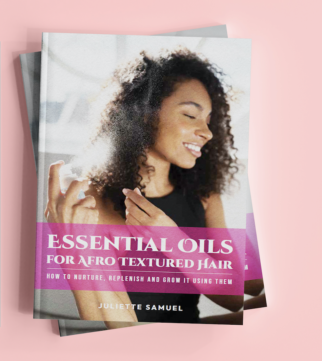Moisturizers can make a world of difference, contrary to popular belief. Here’s the thing though, moisturizers don’t actually add moisture, but instead, they attract and trap existing water in your skin.
A good moisturizer will contain humectants, ceramides and/or emollients that lock water in the outer layer of your skin. This will give damaged skin a chance to repair.
So when professionals talk about the importance of a moisturizer, now you understand why. You need moisturizers because you never want to dry out the outer most layer of your skin.
There are four (4) types of moisturizers:
Humectants – Are known as the moisture absorbers. They draw water into your skin cells to keep it hydrated. Some key ingredients would be hyaluronic acid, lactic acid, glycerin and some alpha hydroxyl acids (AHAs)
These moisturizers work best for dry skin and thick skin in very humid climates. Humectants act as a good first layer of moisture and are good for all skin types including oily, combination and acne prone skin. Humectants are don’t have heavier oils.
Emollients – The Space Fillers – Usually oil based but can be water based also, emollients fill in any space or gaps between your skin cells that are missing moisturizing lipids. As the emollient fills in the space your skin becomes smoother and better hydrated.
Emollients work best for extremely dry and dehydrated mature skin that needs serious moisture.
Ceramides- The Skin Glue – Is naturally found in your skin. Damaged and/or depleted ceramides levels show up as dry, damaged skin. As you replenish your skin with lost ceramides it is better able to retain its moisture.
Normal and combination skin types, skin with minimal dryness and those with eczema will benefit from the presence of ceramides in your skin care product.
Occlusive’s – The Moisture Sealers – Designed to douse your skin in moisture, these beauties are heavy in nature and are usually recommended more for your body than your face.
Rose hip, avocado and hazelnut oil are just some of the ingredients that are known as moisture sealers. More mature, dehydrated skin that is not in an area with any humidity will benefit from them as ingredients in your product.
If you find that your skin is reactive or prone to blemishes, it might be best to stay away from occlusive moisturizers.
Remember, your skin type and the degree of dryness in your skin will determine what type of hydrator or moisturizer your skin will benefit best from.
Dedicated To Your Beauty,
Juliette Samuel
Esthetician/Author/Publisher




 Facebook
Facebook Twitter
Twitter Delicious
Delicious Digg
Digg Myspace
Myspace StumbleUpon
StumbleUpon Youtube
Youtube